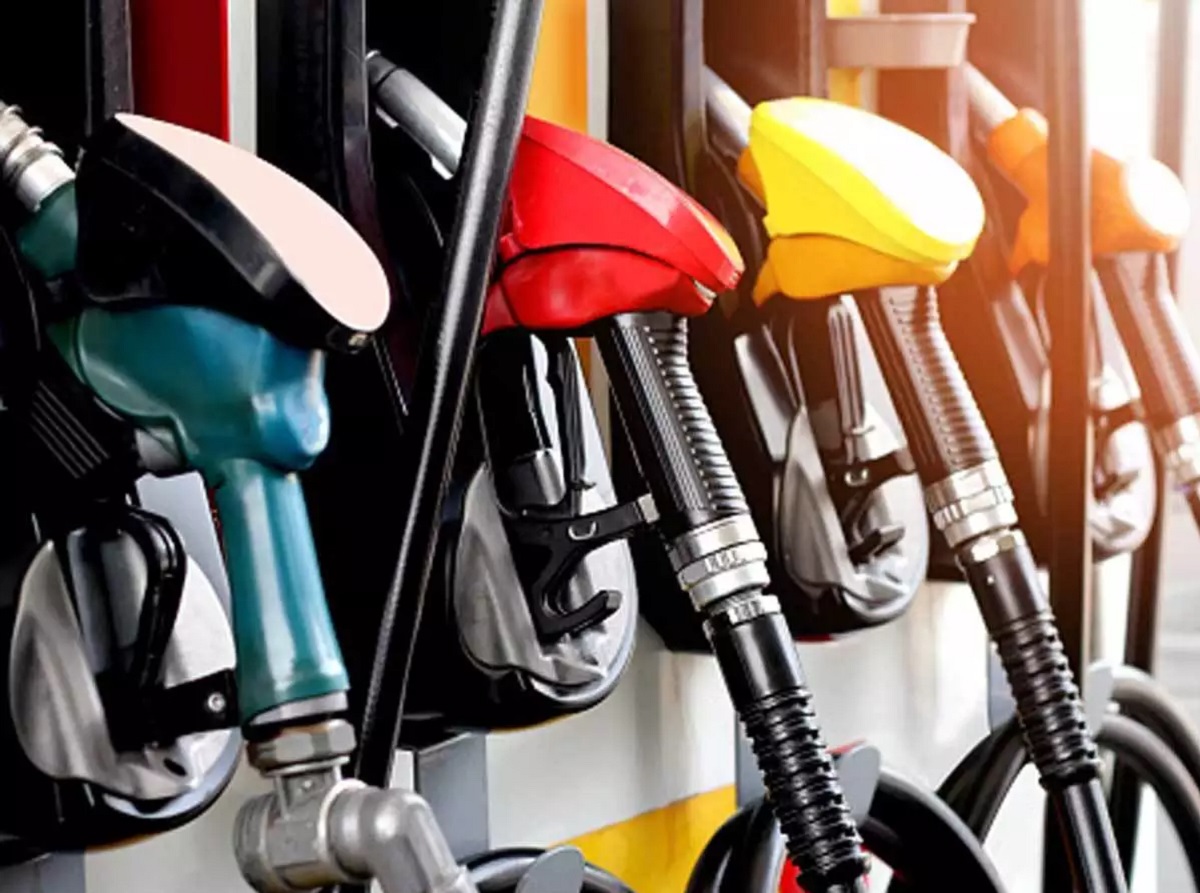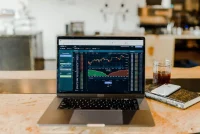The price of super petrol is set to increase per litre following the latest revision by the Energy and Petroleum Regulatory Authority (EPRA), a correction that is also set to reduce the prices of diesel.
In the latest review issued on Sunday, kerosene prices are also slated to reduce by Ksh17.31 per lire.
According to EPRA Director-General Pavel Oimeke, the computation of the pump prices has taken into account the changes effected by the Tax Laws (Amendment Act of 2020) that made taxes and duties part of the vatable amount in the calculation of VAT for petroleum products.
“The charges in this month’s prices are as a result of average landed cost of Imported Super Petrol increasing by 31.4% from USD188.70 per cubic metre in April 2020 to USD248.21 per cubic metre in May 2020, Diesel decreasing by 5.58% from USD242.13 per cubic metre to USD228.62 per cubic metre and Kerosene decreasing by 51.84% from USD262.44 per cubic metre to USD126.39 per cubic metre,” read a statement by EPRA.
According to the authority, the Free on Board Price of Murban crude oil lifted in May 2020 was posted as USD23.52 per barrel an increase of 33.33% from USD17.64 per barrel in April 2020.
Consequently, fuel will be most expensive in Mandera where a litre of petrol will retail at Ksh102.14, diesel Ksh87.61 and Kereosene Ksh75.51.
In Nairobi, super petrol will retail at Ksh89.10, diesel Ksh74.57, and Kerosene Ksh62.46 while in Mombasa petrol will retail at Ksh86.62, diesel Ksh72.09, and kerosene Ksh59.99.
Further in Nakuru petrol, diesel and kerosene will retail at Ksh88.96, Ksh74.62 and Ksh62.54.
Fuel Hoarding
Last week EPRA warned that Oil Marketing Companies (OMCs) and retail station dealers over hoarding of petroleum products stating they risk a one-year jail term or a one million shillings fine including revocation of their licenses.
Oimeke said the directive followed reports of an artificial shortage of petroleum products in the country particularly, Western Kenya.
“The country has sufficient petroleum stocks. However, preliminary investigations indicate that a number of OMCs are deliberately holding back sales to non-franchised petroleum retailers in anticipation of a price increase,” said Mr. Oimeke.
“This practice is tantamount to hoarding and is an offence punishable by law.” added the Director General.













Leave a comment